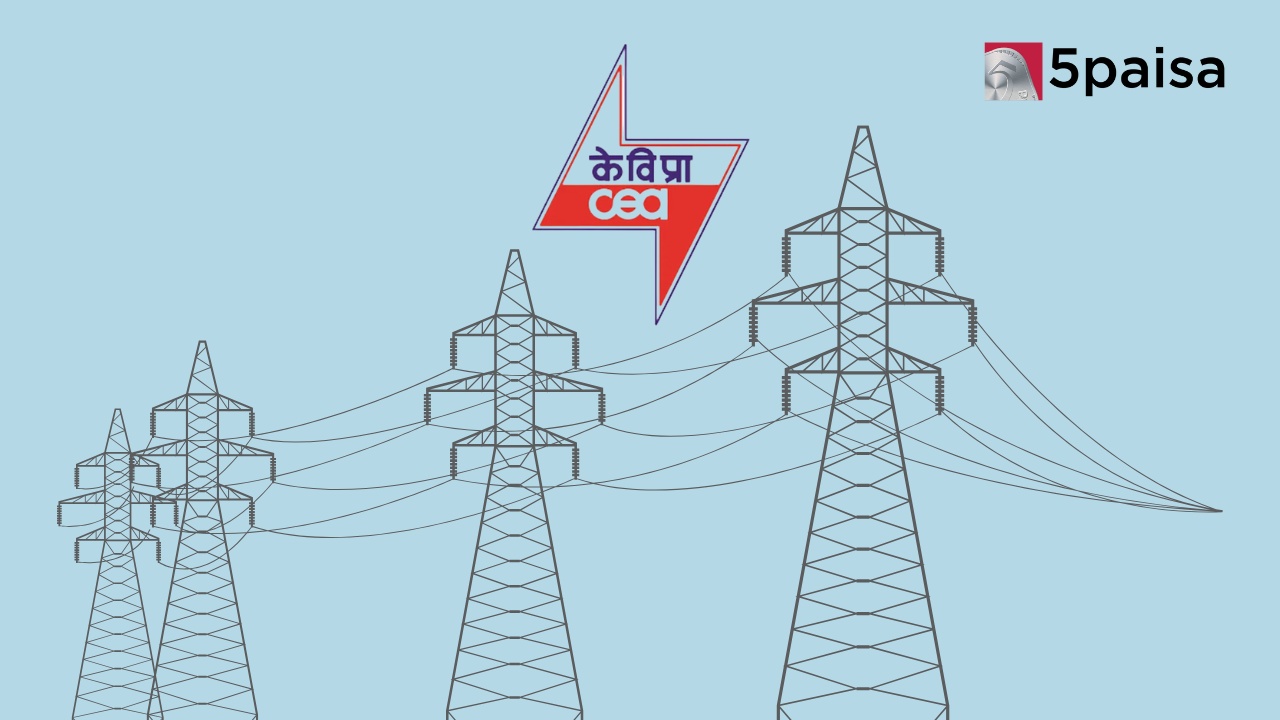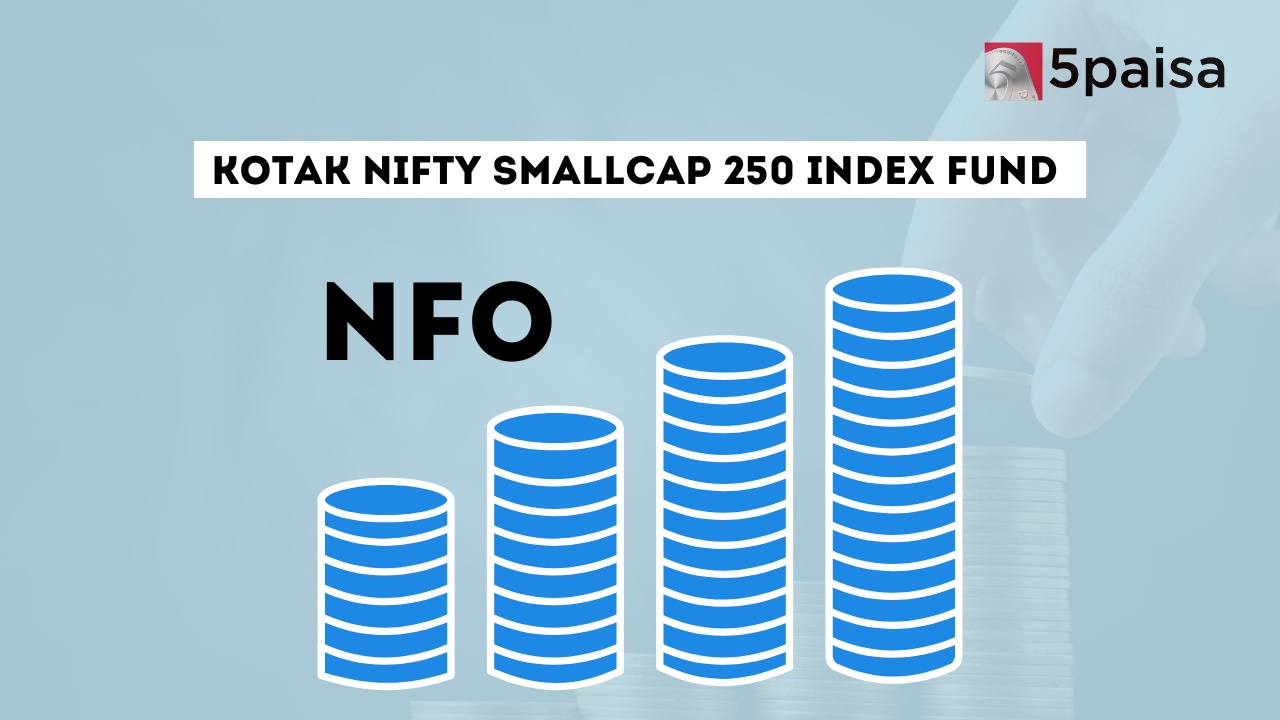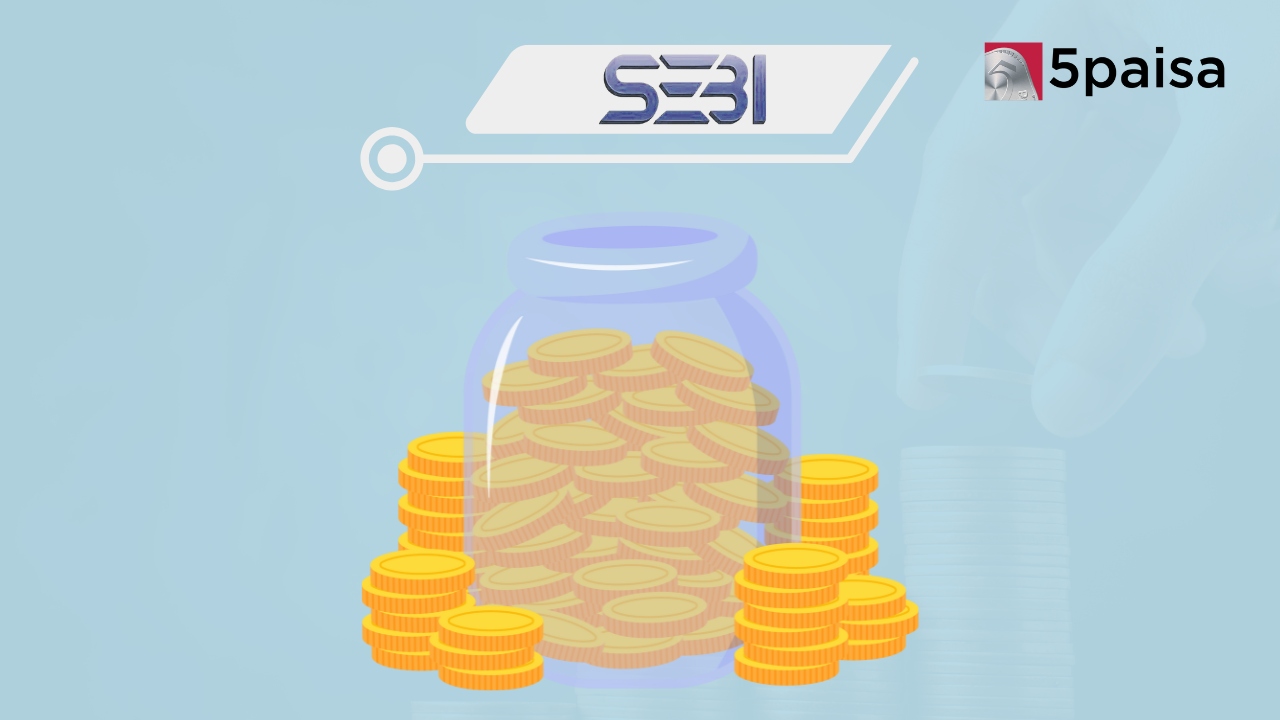Government stake in IDBI Bank will be public holding after stake sake

Last Updated: 13th December 2022 - 01:52 pm
Ahead of the government selling its stake in IDBI Bank, several potential bidders had concerns over the role that the government and LIC would play post the sale of stake. Currently, the government of India and LIC jointly hold about 94.7% stake in IDBI Bank. As per the latest statement issued by the government while calling for bids, the government and LIC will jointly sell about 60.7% in IDBI Bank. However, that would still leave the government and LIC with about 34% stake between them. That is what the potential bidders for the IDBI Bank stake had been worried about.
To a large extent, these worries are not unwarranted. With 34% stake between them, the government and LIC could act in concert and block any special resolution by the new management that takes over IDBI Bank. The fear is more pronounced since LIC is almost 97% owned by the government of India that makes it virtually a government backed company in totality. However, now the government has sought to reassure the potential bidders that such an eventuality would not arise and that LIC and the government would not act in concert to block any special resolution by the new management of IDBI Bank.
However, when it comes to business, there is always a gap between precept and practice. That is why, the government is also willing to give a letter of comfort to the potential bidders at the time of finalization of bids. Post the sale of IDBI Bank stake, the government would be left with about 15% stake while LIC will have around 19% stake in IDBI Bank. Now the government has assured that IDBI Bank will continue to operate as a private sector bank after the strategic sale and that the government stake of 15% in IDBI Bank would be classified as public holding and not as promoter holding. That should give comfort.
There is still the open issue regarding the buyer achieving minimum public shareholding in IDBI Bank within 3 years. That is likely to be extended to 5 years, which should be sufficient reassurance for the time being. The final word from SEBI is still awaited on this subject. The government has also given an assurance that it would not, in any way, interfere with the decisions of the new management to restructure the subsidiaries of IDBI Bank. In short, the new management would be in a position to run IDBI Bank like any other private bank so as to be competitive in the true sense of the term. That had been the intent all along.
It may be recollected that on 07th October, the government had invited bids for privatizing IDBI Bank and sell 60.72% stake in it. The last date for putting up the Expression of Interest (EOI) or preliminary bids is December 16th. Post the deal, the bidder will be required to make an open offer for acquisition of 5.28% public shareholding. Post the deal, government will own 15% and the LIC will own 19% taking their combined stake to 34% in IDBI Bank. On the subject of board seats for the government, that would not be required once it is classified as public shareholding. However, LIC’s stand on this subject is not known.
There is one question about a situation wherein a foreign buying IDBI Bank is concerned. The government has clarified that even post the sale, IDBI Bank would still be classified as an Indian private sector bank. That means, either only an Indian entity will be allowed to take the bank or the foreign entity will be given the bank only with this explicit condition. The bank has subsidiaries like IDBI Asset Management, IDBI Trusteeship Services and IDBI MF Trusteeship Company, and the exact roadmap is not clear for these subsidiaries. IDBI Bank will continue to own the brands, logs, trademarks and the trade names currently owned.
The minimum net worth requirements of the government are quite stringent. It has set a minimum net worth requirement of Rs. 22,500 crore and must have reported net profits in three out of the past five years to be eligible for bidding for IDBI Bank. Of course, bidders are also allowed to bid in a consortium. For the eventual successful bidder, a minimum of 40% of the equity capital will be mandatorily locked for a period of 5 years from the effective date of acquisition. However, the most important thing is that government control and interference would not be the roadblock any longer for the potential bidders.
- Flat ₹20 Brokerage
- Next-gen Trading
- Advance Charting
- Actionable Ideas
Trending on 5paisa
01
 5paisa Research Team
5paisa Research Team
06
 5paisa Research Team
5paisa Research Team
Indian Market Related Articles
Disclaimer: Investment in securities market are subject to market risks, read all the related documents carefully before investing. For detailed disclaimer please Click here.




